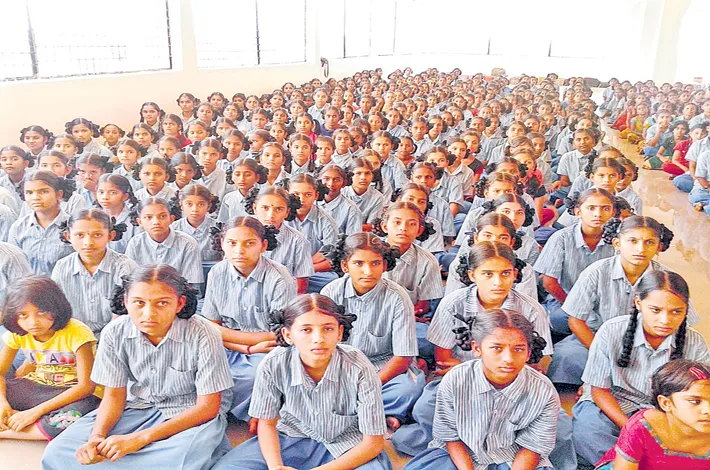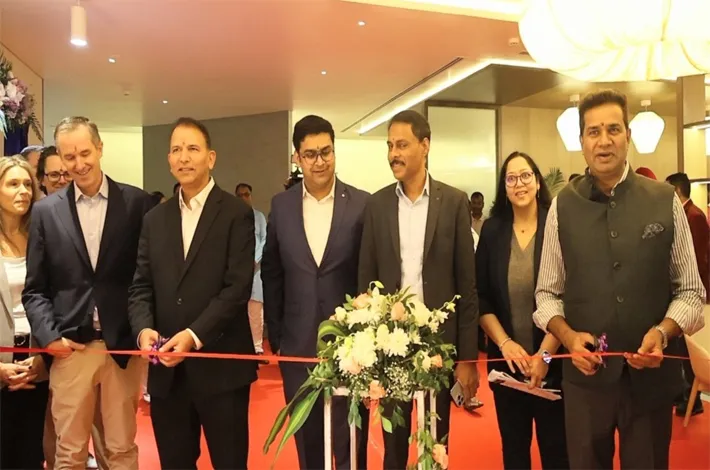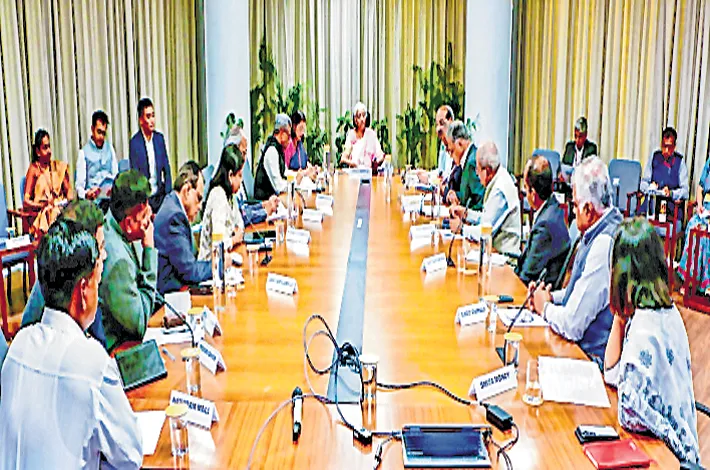2,500 vacant seats in Tribal Welfare Gurukuls
17-07-2025 12:00:00 AM

■ Out of 6,560 seats sanctioned across 195 Tribal Welfare Residential Schools, only 3,995 students have been admitted so far
■ Meritorious students who figured in official merit lists have allegedly been denied admission without explanation
■ Parents and students are crying foul, accusing the system of deliberately side-lining eligible students in favour of opaque practices
Metro India News | Hyderabad
A simmering crisis in Telangana’s Tribal Welfare Gurukuls has come to the fore, with more than 2,500 sanctioned seats lying vacant even after multiple rounds of admissions, raising serious concerns about official negligence, non-responsiveness, and lack of transparency.
Out of 6,560 seats sanctioned across 195 Tribal Welfare Residential Schools, only 3,995 students have been admitted so far. The remaining 2,565 seats are yet to be filled, despite the completion of four rounds of digital counselling. What’s raising eyebrows is that meritorious students who figured in official merit lists have allegedly been denied admission without explanation.
The elected representatives, including MLAs and local body leaders, who sought seat allocations for deserving, underprivileged candidates, claim that their recommendation letters were dismissed or completely ignored by the concerned authorities. Parents and students are crying foul, accusing the system of deliberately side-lining eligible students in favour of opaque practices.
What has made the issue politically sensitive is the reported non-compliance by the Secretary of Tribal Welfare Gurukuls to a directive from the Chief Minister’s Office. The CMO had asked all welfare education departments to furnish a detailed report of total seats, admissions, and existing vacancies. While other departments complied, the Tribal Gurukul administration allegedly failed to respond, raising suspicions of administrative apathy or deeper irregularities.
Field-level reports from the erstwhile Mahabubnagar district reveal a disturbing pattern. Students who cleared the entrance exam have been made to run from pillar to post. Some school principals are being accused of providing misleading information about vacancies or stonewalling admission queries altogether. Student bodies allege that some seats are being withheld or misused, with murmurs of backdoor admissions and monetisation of access to Gurukuls.
Several students have expressed helplessness, saying that despite qualifying fairly and attending counselling, they were systematically denied entry. The absence of a functional grievance redressal mechanism has only worsened the situation, leaving many students stuck in limbo while the academic year progresses without them.
The situation has triggered a call for urgent government action. Civil society groups and student unions have demanded an independent probe into the irregularities, along with a full audit of the digital admission process. They are also pressing for accountability at the top level and immediate filling of vacant seats with eligible candidates from the merit list particularly from marginalised and economically weaker backgrounds.
That such a failure has occurred in the Chief Minister’s own home turf has drawn sharp attention from all quarters. Observers point out that if this is the condition in a high-profile district like Mahabubnagar, the situation in interior tribal belts could be even worse.
With lakhs of tribal children relying on these residential schools for a shot at a better future, the Gurukul seat controversy has become a test not just of bureaucratic integrity, but also of the government’s commitment to inclusive education. The question now is whether the state will act swiftly to restore confidence or let silence deepen the distrust.








